Here are some of the basics about faculty-led study abroad programs. These FAQs can always be found on the FAQ page. Have a question you'd like to see answered? Add it to the comments or email us at aclas@aclas.org.
How are faculty-led programs different than other study abroad programs?
Although almost all study abroad programs involve faculty in some way—in the recruitment of students, development of programs, etc.—the term “faculty-led” has a specific meaning in the field of international education. A faculty-led program is one that is directed by a faculty member(s) from the home campus who travels with and accompanies the students abroad. These programs are usually, but not always, short-term (2 months or fewer.)
What are the benefits of faculty-led study abroad programs?
Customization: Faculty-led programs are often customizable to meet the faculty and institution’s educational goals or to fit specific needs.
 |
University of Washington students
with their faculty director in
the Amazon rainforest |
Cost savings: Due to their flexibility, these programs are likely to fit various budgets.
Credit benefits: Because faculty are on-site with the students, academic credit can often be given as if the students were with a professor on campus. This eliminates many credit-transfer complications.
Accessibility: Students often find faculty-led programs more accessible because of the credit and cost benefits mentioned above, as well as the comfort and consistency of traveling with a faculty member from their home institution. Faculty-led programs are also designed specifically for students from one institution and, therefore, often meet student’s academic needs more effectively.
Academic interest: Because of the customizable nature of these programs, the academic possibilities are almost limitless. Curricula tend to be rich, varied and very engaging to students.
Relationship-building: Students experience the dual benefit of building new international relationships while also strengthening and enriching partnerships with those from their home institution.
I am a faculty member and want to lead a study abroad program. Where do I start?
The answer to this question depends significantly on your university or college. The first step would be to visit your institution’s international education (a.k.a. study abroad, education abroad, global programs, international programs, etc.) office’s website to see if they have guidelines or contact information for faculty who are interested in developing programs. If your institution does not have an office like this, it is best to see if other faculty (perhaps in other departments or areas) have developed programs. After you make a connection with the right individuals at your institution, start by asking these questions:
 |
Colby College students with their
faculty director and ACLAS teachers. |
What is the timeline for developing a program?
What are the expectations of the faculty director?
How will my department support me?
How will the international education office support me?
How do I make the program financially viable?
Are there certain program providers I must work with or may I choose my own?
What are the next steps?
We’re here to help at any time, of course. Feel free to reach out to us if you hit roadblocks or have further questions.
Do you need to be a tenured faculty member to lead a study abroad program?
This, again, depends on the college or university, but often the answer is no. In fact, leading a study abroad program can be a good way to promote your status and demonstrate contribution on your campus.
I have a family. Can I bring them with me on the program?
Many universities, colleges and program providers support bringing families along. However, it is important to realistically consider your ability to meet the needs of both groups. If you are working with a program provider that takes care of a lot of the details and planning, you might have time to teach, support your students and be with your family. But, if you are the lone faculty director, be sure to anticipate the possibilities. Would you be able to effectively handle a student emergency at any time, for example?
What resources are available to faculty to start, develop and improve faculty-led programs?
The international education or international programs office at your college or university is the best place to start. Staff there will likely have experience with faculty-led programs; if they do not, they’ll probably know where to find the resources.
Other faculty who have led programs are great resources, too. It is likely that there are some on your campus (even if they haven’t led programs with your institution) or in your professional networks.
Facultyabroad.com has a number of topics and resources to explore, including a book called Faculty-Led 360.
-
- The Forum on Education Abroad has defined Standards of Good Practice to guide program development. In addition to generic study abroad practices, the Forum has published standards for some discipline-specific programs such as healthcare. (Your institution must be a member of the Forum to access these documents—contact ACLAS or your international education office for more information.)





